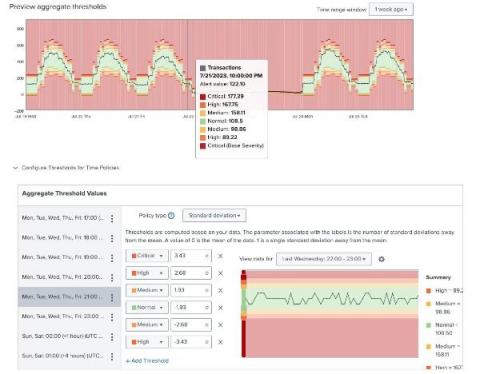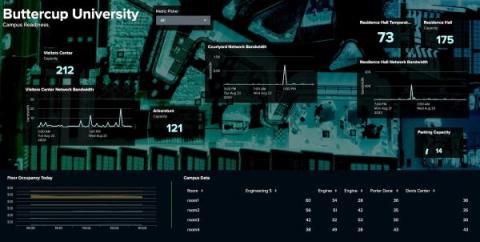Your Self-Managed Journey to Digital Resilience
If you were one of the thousands of Splunk customers who joined us this year at.conf23, you heard our CEO Gary Steele say that Splunk's mission is to help you be digitally resilient. (And don't worry if you couldn't join us, because you can catch the keynote replays.) But what is digital resilience and how do you attain it?











